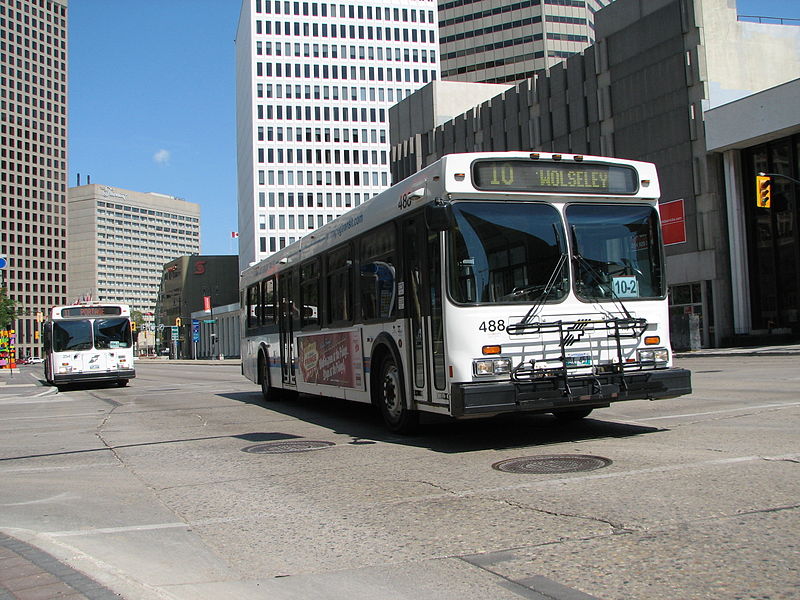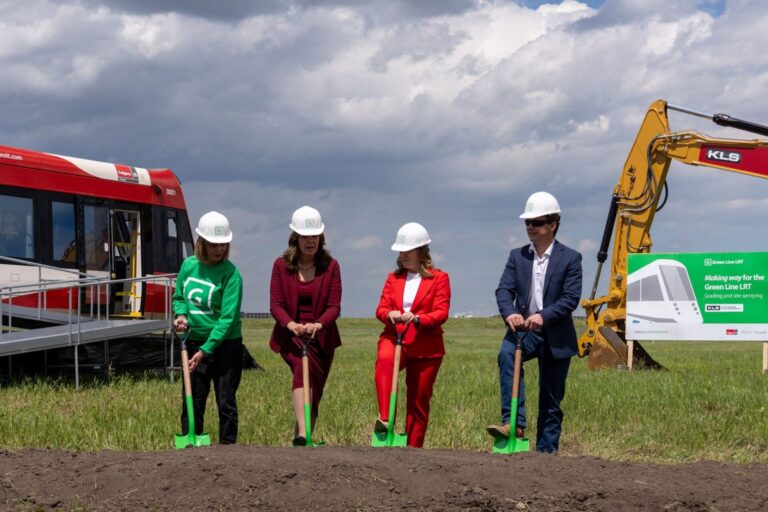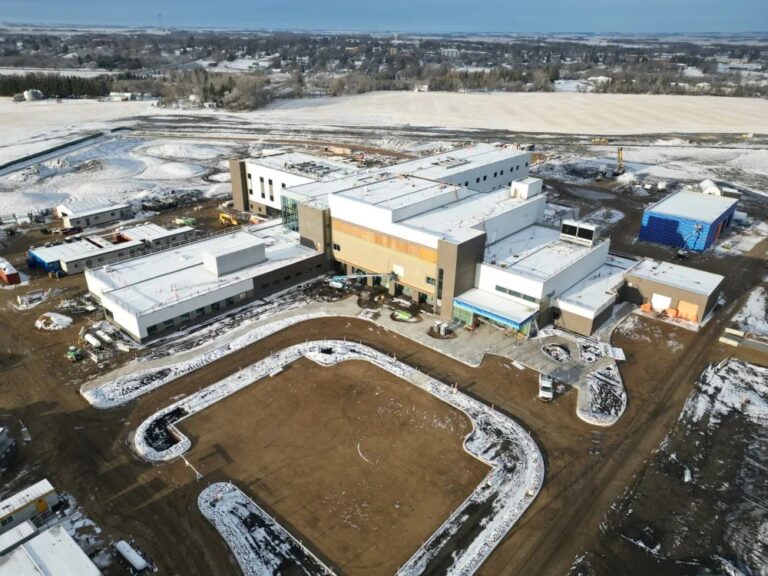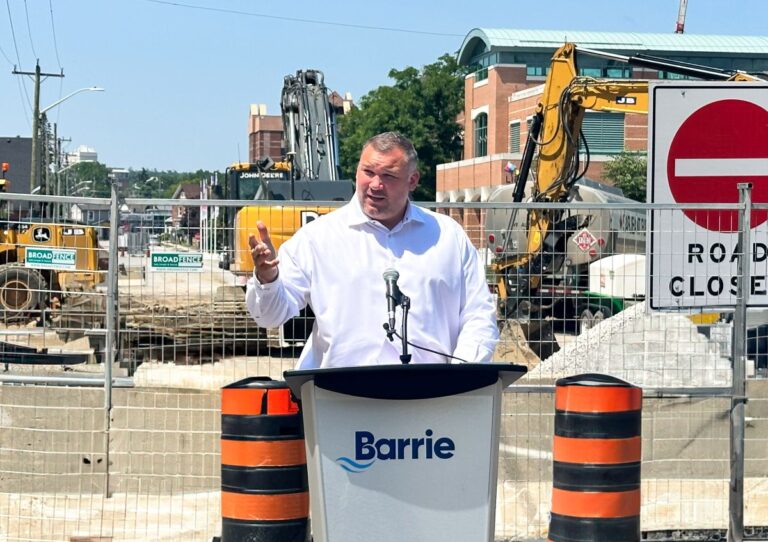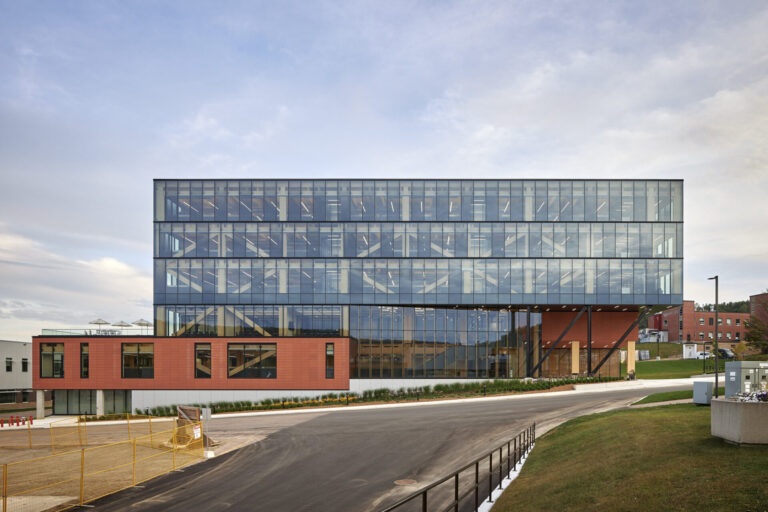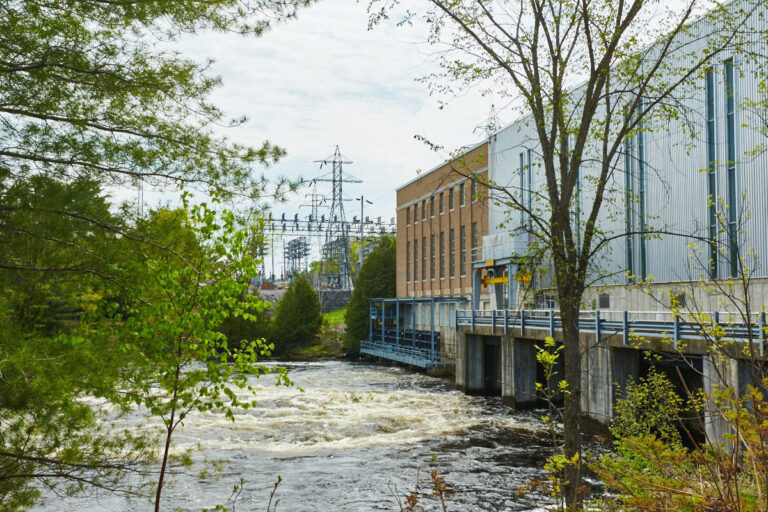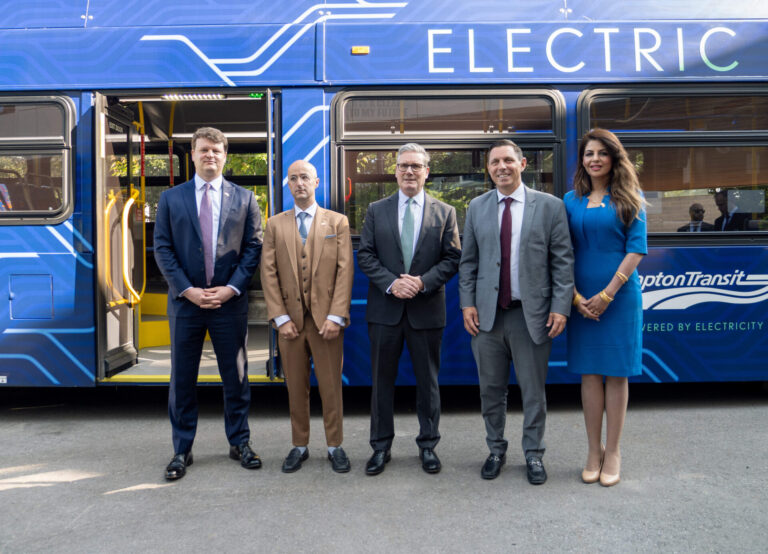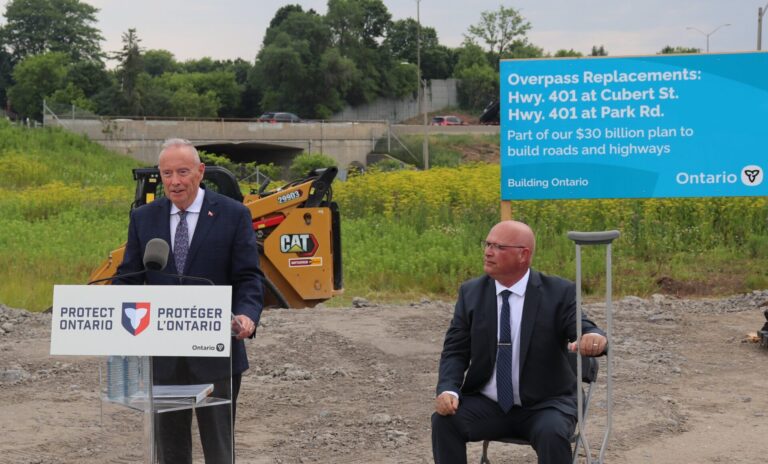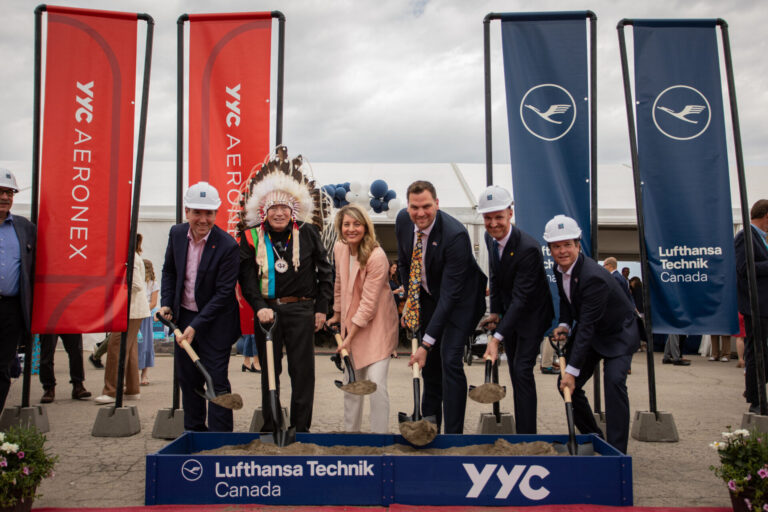Infrastructure had a significant impact on the election campaign in Manitoba, as voters continue to encourage its leaders to increase spending to shrink a growing deficit province-wide.
According to data from the Association of Manitoba Municipalities, the province’s infrastructure deficit sits at over $11 billion, or more than $10,000 per resident. In Winnipeg, the city’s infrastructure deficit at $3.8 billion, with an additional $3.6 billion needed for new strategic priorities.
In Winnipeg, incumbent Brian Bowman proposed a 2.33 per cent annual property tax increase to fix roads and build new rapid transit, and presented a costed plan for record spending for fixing regional and local roads. His prime competitor, Jenny Motkaluk, ran on a platform of three pillars, one of which was a pledge to fix Winnipeg, which would “[…] require more cooperation and practical approaches.”
Bowman was able to secure a second term, capturing over 53 per cent of the vote and defeating Motkaluk by more than 37,000 votes. However, the plebiscite to open Portage & Main to pedestrian crossings was defeated, with objectors to the plan securing a hair under 65 per cent of the vote.
Bowman’s new council includes five new faces, including Sherri Rollins, who replaced former Federation of Canadian Municipalities president Jenny Gerbasi. Gerbasi announced in May that she was not seeking re-election.
In Manitoba’s second-largest city, Brandon, the issue of infrastructure didn’t have the chance to be a key election issue in the mayoral race, as incumbent Rick Chrest was acclaimed. That was also the case in Churchill, where Michael Spence was acclaimed. Spence has been vocal in the need to fix the railway to the city, which has been cut off from the rest of the province since the railway broke due to flooding in June of 2017.
In Steinbach, Mayor Chris Goertzen chose not to seek a fourth term in office. City Councillors John Fehr and Earl Funk both sought to replace Goertzen. Results were delayed for several hours in Steinbach, but in the end, Earl Funk came away with the victory, capturing 43 per cent of the vote.
With the elections now over, civic leaders must now get back to work, including figuring out how best to tackle an infrastructure deficit that continues to overwhelm the province.

